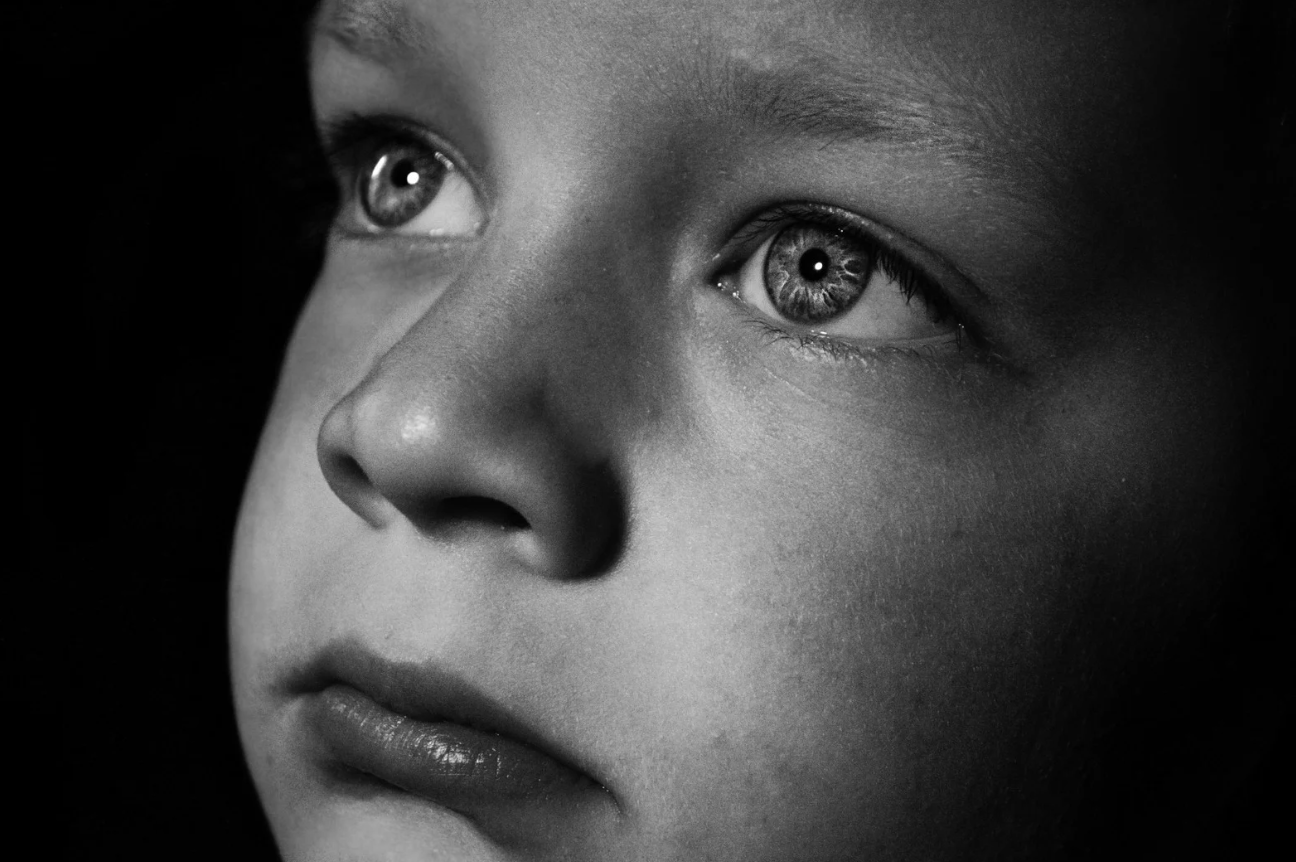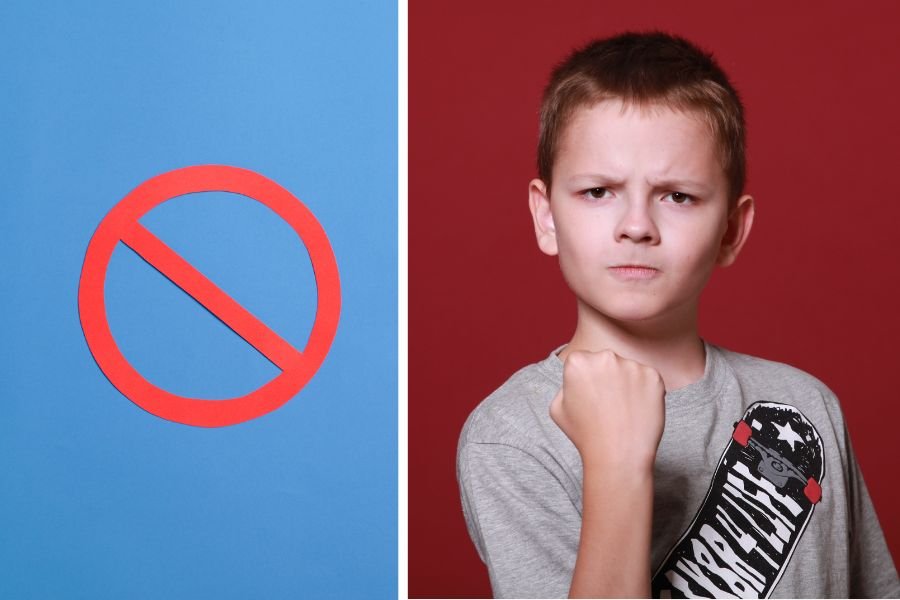Parenting has evolved in myriad ways, but certainly, one of the more potent shifts has been attitudes towards raising boys.
As a society, we have seen how detrimental the whole “men should be strong and never show emotion” thing can be, and more and more parents are trying not to pass that outdated belief onto their sons.
Still, you’ll definitely run across an adult—be it a parent, grandparent, teacher, babysitter, etc— saying “boys don’t cry!” or “toughen up” from time to time whenever a young boy shows sensitivity.
And that is exactly why a video posted by Jen Hamilton, a mom of two boys, is such an important watch, because in it Hamilton deftly explains how associating masculinity with toughness teaches boys that only one emotion is allowed expression.
Hamilton begins by showing a picture of her sons as she says, “we have decided not to raise tough boys.”
“I might sound crazy, but when you raise your kids to be tough, or you tell them to toughen up, what you’re teaching them is how to mask true emotions that they’re feeling to appear strong,” she continues.
And as these “tough” little boys grow up into men, internalizing and suppressing their true emotion in order to appear strong, they become capable of expressing only one emotion—anger.
Hamilton likened it to pushing down a beach ball into water. Eventually that beach ball is going to explode up.
“When that boundary finally breaks, it comes out as temper. Throwing things, yelling,” Hamilton says.
Instead, Hamilton and her husband are teaching their sons “to feel deeply” and allow emotions, even the negative ones, so that they may understand them better.”
As an example, Hamilton shares that when her son came home one day feeling left out of something she responded with ‘Hey, that really sucks. And I know exactly what that feels like and it really hurts.”
“I don’t say, ‘Get over it’ or ‘Toughen up.’”
Hamilton asserts that in this scenario, she is teaching her son the value of compassion for others. When they see someone else feeling left out, they can better empathize with them. “But when we say things like get over it or toughen up, you’re telling them that those feelings aren’t valid and then they are not able to see those feelings as valid in other people.”
Hamilton goes so far to say that anyone who is not taught to validate their own emotions won’t have the tools to empathize with others, and this is what helps create narcissism.
Hamilton also shares that where she didn’t grow up with a dad who had anger issues, her husband did. Thankfully, he has developed his own emotional intelligence in spite of it and has no problem “getting down on his knees” to meet their sons’ emotions head-on.
In conclusion, Hamilton declares that she doesn’t think it’s ever “necessary or helpful” to expose her kids, or anyone else’s, to “harsh situations to toughen them up.”

Down in the comments, other adults couldn’t agree more with Hamiton’s stance.
“This is what breaks the trauma of patriarchy. This is what saves young males,” one person wrote.
Another person, a principal, shared, “I am always telling boys it’s okay to cry, to be hurt, and to have feelings.”
Still another viewer wrote “Exactly! Help our children to feel safe enough to express themselves, teach empathy and compassion. We need this now more than ever.”
For those looking to break the cycle of toxic masculinity with their own sons, but not sure where to start, another viewer mentioned the book “Boys Will Be Human: A Get-Real Gut-Check Guide to Becoming the Strongest, Kindest, Bravest Person You Can Be,” written by Justin Baldoni. Sounds like a phenomenal resource. You can find it on Amazon here.






























